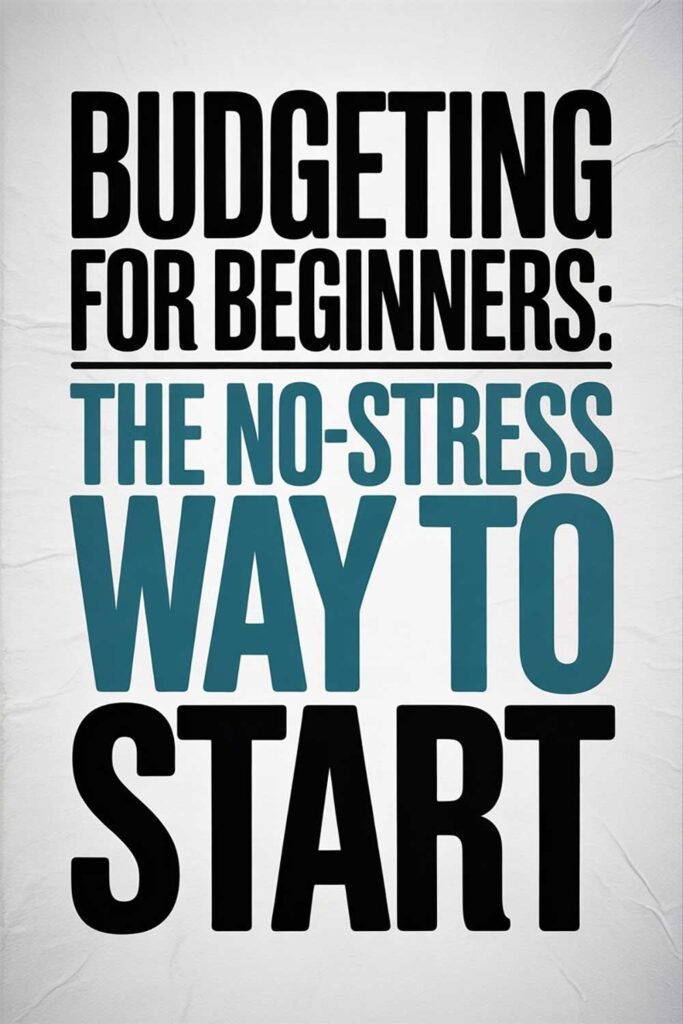
If you know someone who could benefit from this article, please share it with them. Managing stress effectively can lead to a healthier, more balanced, and fulfilling life.
Managing Stress: Strategies for a Balanced Life
Understanding Stress
Stress is your body’s natural response to challenges or demands. While a certain level of stress can be motivating, chronic or excessive stress can harm your physical and mental health. Recognizing the signs of stress and implementing strategies to manage it is essential for overall well-being.

Common Causes of Stress
- Work Pressure: Tight deadlines, heavy workloads, or job insecurity.
- Financial Struggles: Debt, unexpected expenses, or lack of savings.
- Relationships: Conflicts, misunderstandings, or loss.
- Health Issues: Personal illness or caring for a loved one.
- Life Changes: Moving, starting a new job, or major life events.
Symptoms of Stress
- Physical: Headaches, fatigue, muscle tension, or sleep disturbances.
- Emotional: Irritability, anxiety, depression, or feeling overwhelmed.
- Behavioral: Changes in eating habits, procrastination, or withdrawal from activities.
Effective Strategies to Manage Stress
1. Practice Mindfulness
Mindfulness helps you stay present and reduces overthinking.
- Activities:
- Meditation.
- Deep breathing exercises.
- Yoga.
2. Prioritize Self-Care
Taking care of your physical and mental health can lower stress levels.
- Tips:
- Get regular exercise, such as walking, swimming, or dancing.
- Maintain a balanced diet with plenty of fruits, vegetables, and whole grains.
- Ensure you get 7-9 hours of quality sleep per night.
3. Set Boundaries
Learn to say no to commitments that overextend you and focus on what truly matters.
- Action Steps:
- Limit screen time, especially before bed.
- Establish clear work-life boundaries.
- Delegate tasks when possible.
4. Identify Stress Triggers
Understanding what causes your stress can help you manage it more effectively.
- Activity: Keep a stress journal to track your triggers and responses.
5. Use Relaxation Techniques
Incorporate activities that promote relaxation into your daily routine.
- Options:
- Progressive muscle relaxation.
- Aromatherapy with calming scents like lavender or chamomile.
- Listening to soothing music or nature sounds.
6. Maintain a Support Network
Connecting with others can provide emotional relief and practical support.
- Tips:
- Spend time with friends and family.
- Join support groups or community activities.
- Seek professional help, such as counseling or therapy, if needed.
7. Manage Your Time Wisely
Organizing your tasks can reduce feelings of being overwhelmed.
- Techniques:
- Prioritize tasks using the Eisenhower Matrix.
- Break large tasks into smaller, manageable steps.
- Use tools like planners or digital apps to stay organized.
8. Focus on Positivity
Cultivating a positive outlook can help mitigate stress.
- Activities:
- Practice gratitude by writing down things you’re thankful for.
- Reframe negative thoughts into constructive perspectives.
- Celebrate small wins to boost confidence.
9. Engage in Hobbies
Doing something you enjoy can act as a stress reliever.
- Examples:
- Painting, gardening, or crafting.
- Playing a musical instrument.
- Exploring new interests or skills.
10. Limit Stimulants
Excessive caffeine, sugar, or alcohol can heighten stress levels.
- Tip: Opt for herbal teas or water instead of sugary or caffeinated drinks.
When to Seek Professional Help
If stress becomes overwhelming or begins to interfere with your daily life, it’s important to seek support from a mental health professional. Therapy or counseling can provide strategies tailored to your needs.
Practical Exercises for Stress Management
- 5-Minute Breathing Exercise: Focus on slow, deep breaths to calm your nervous system.
- Gratitude Journaling: Write three things you’re grateful for each day.
- Nature Walks: Spend time outdoors to recharge and reduce tension.
- Visualization: Imagine yourself in a peaceful setting to promote relaxation.
Picture This
Imagine a life where stress no longer controls your day. You wake up feeling balanced and equipped to handle challenges with calm and focus. By integrating stress management techniques, you cultivate a sense of peace and resilience. What’s one step you can take today to manage your stress?






